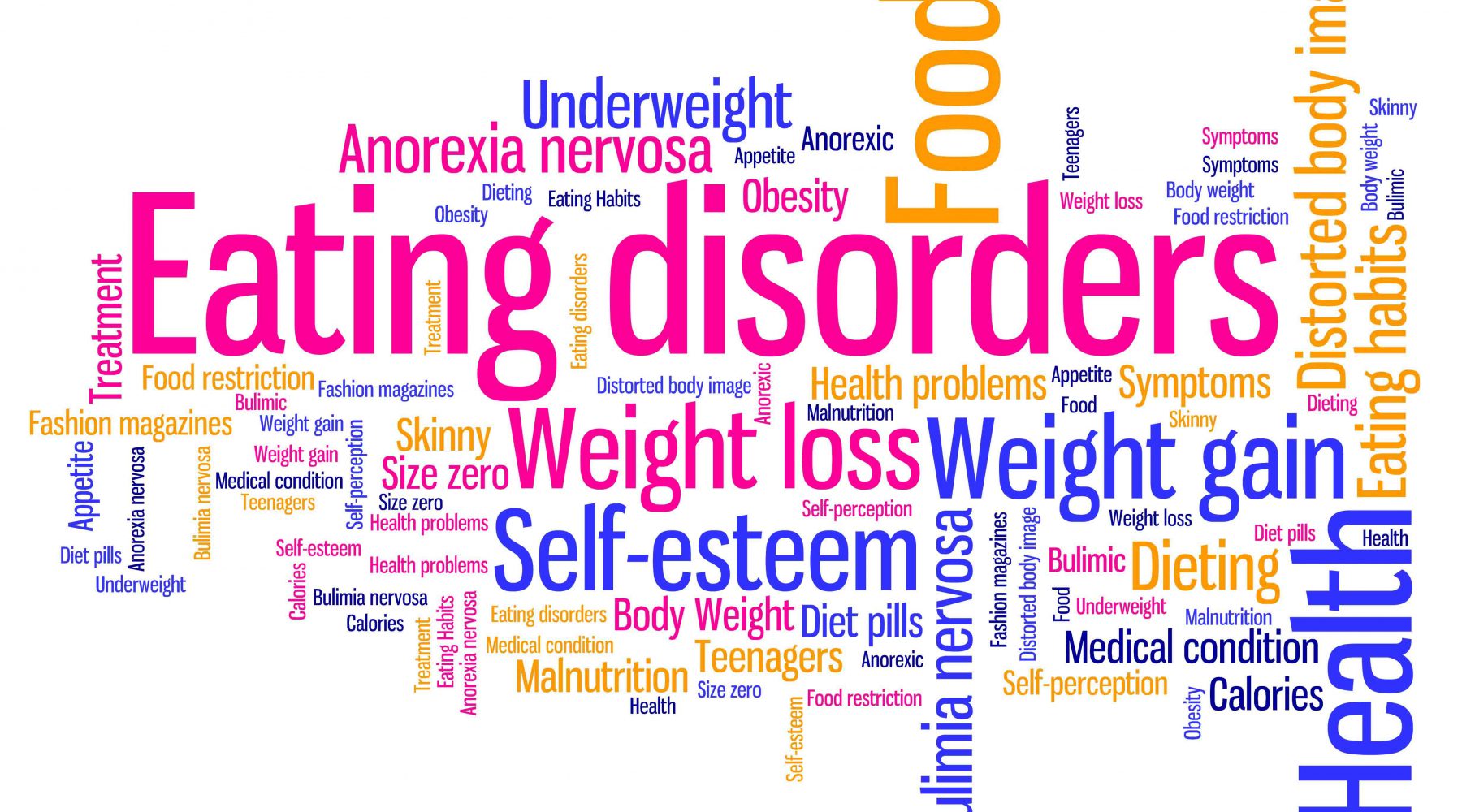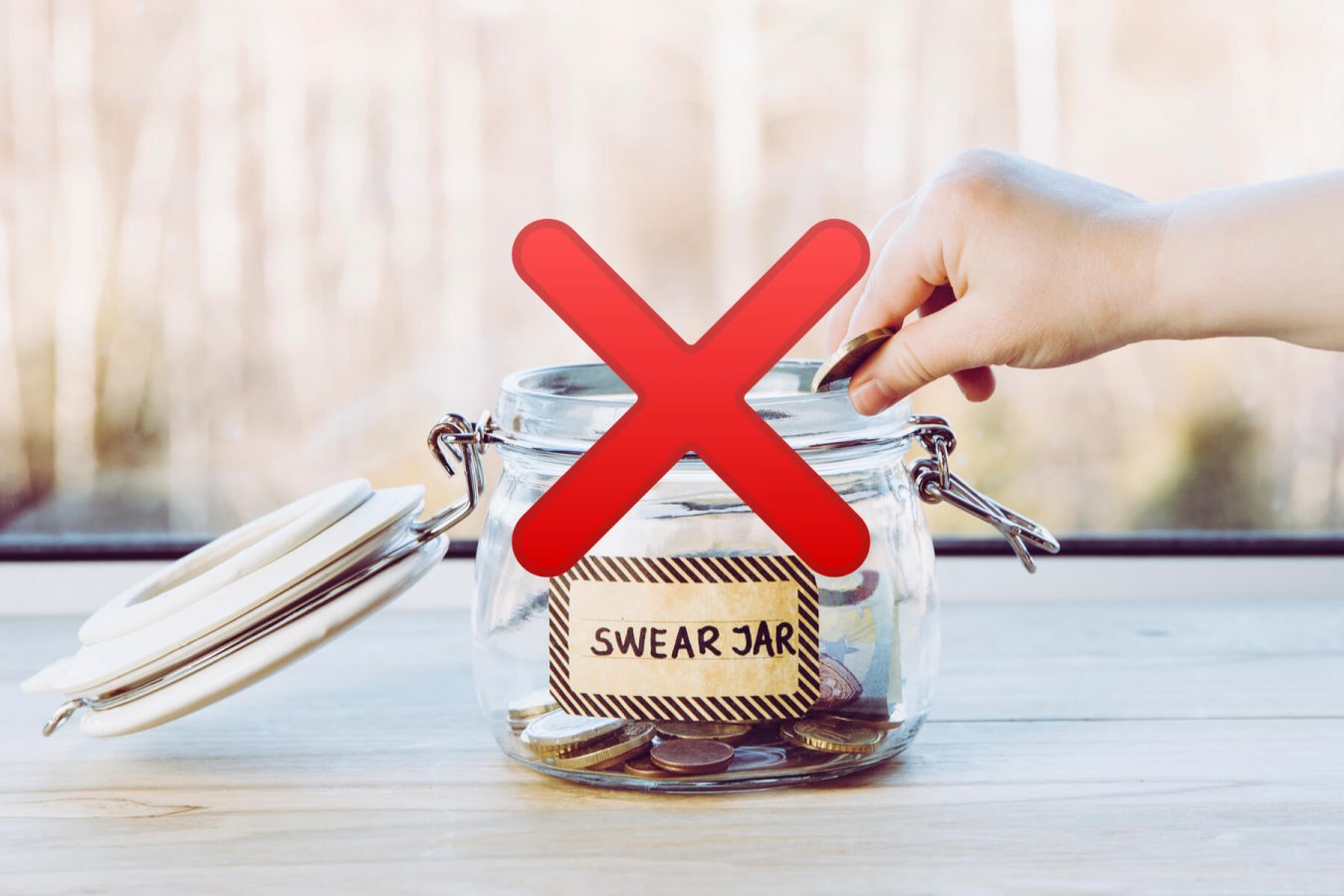
Controversial Netflix drama To the Bone has brought eating disorders into the spotlight, but a Deakin University clinical psychologist recommends parents should take the lead on these issues.
Controversial Netflix drama To the Bone has brought eating disorders into the spotlight, but a Deakin University clinical psychologist warns it’s important for parents to take the lead in discussing these issues with their children, rather than leaving it to Hollywood.
The film, released last week, depicts the battle of a young woman suffering from anorexia and has raised concerns about the way eating disorders are portrayed in the media and to vulnerable audiences.
Associate Professor Ross King, from Deakin’s School of Psychology, has spent decades working with people who suffer from eating disorders, as well as their carers, and has run and researched a United Kingdom-developed intervention to help parents with caring skills.
‘The real challenge is how households now view these kind of things, with everyone on separate devices, so you might not know your child is watching it,’ he said.
‘But if parents are concerned their children may be at risk of an eating disorder they can use this as an opportunity to start a discussion with them.’
1. Disregard Stereotypes
‘Contrary to what is most commonly presented in popular discourse, eating disorders don’t just affect young girls,’ Associate Professor King said. ‘In fact we’ve been noticing an increase in males presenting at a local eating disorders service I collaborate with in Geelong, and people of all ages can struggle with this.
‘It’s not just anorexia either. People can also struggle with bulimia and binge eating disorders, and many of them may maintain a “normal” weight or even be overweight. We need to make sure that we’re thinking about this as a broader issue.’
2. Understand the Signs
Associate Professor King said there were certain things parents might see that could alert them to a child’s eating disorder:
- noticeable weight loss and complaining of feeling fat even when they are underweight
- not wanting to undress in front of people and covering up with loose clothing
- evidence of binge eating, including food going missing from the kitchen
- evidence of vomiting, such as going to bathroom immediately after meals
- excessive exercise regimens, with a tendency to being perfectionistic
- excessive worrying about what’s in food, counting calories, or banning particular foods
- noticeable changes in moods, being more down, more irritable or withdrawn
- feeling dizzy or fainting, having no or low energy
- complaining about being cold all the time, hands are pink or blue.
‘Any of these signs are a good basis to start a discussion with your child,’ Associate Professor King said.
3. Choose the Right Time
‘Choose a time when you’re going to be free of distractions and disruptions to raise your concerns. It has to be when you’re both calm, definitely not when there’s already been some tension.
‘There are two ways to have this conversation. The first way is to start with a gentle approach, ask how things are going generally, don’t target the eating behaviours specifically.
‘Other times you may require a more direct approach. Outline calmly what you’ve observed, the behaviour or changes. Start off with phrases like: “I’ve noticed that…” or “I’m concerned about…. and I want to help”.’
4. Be Prepared for a Difficult Response
Associate Professor King said it was likely parents would get one of three responses from children.‘Your child might feel relieved, understand that they’re not alone and appreciate the help,’ he said.
‘The next response is a direct admission that there’s a problem. The child might even admit that they’ve tried to get help without their parents. Both allow chances to work through the issue together and seek help.
‘But unfortunately defence and denial can be the most common response. The child will deny there’s a problem, get angry that their privacy has been invaded, and there may also be some embarrassment or shame.’
5. Seek Help
Associate Professor King said it was important parents understood they weren’t alone and that there was help available. Eating Disorders Victoria provides fact sheets for carers about warning signs and how to approach loved ones, and also runs an eating disorders helpline
‘The parent then needs to go ahead with what the best thing is going to be for their child,’ Associate Professor King said.
‘Start by taking them to a GP who has expertise in this area. There are specialist services that exist, and in Geelong and Melbourne there are public services available.
‘It’s also important that carers look after themselves too, our research shows that it is a huge struggle caring for someone with an eating disorder. A number of services such as Eating Disorders Victoria and the Butterfly Foundation offer support for carers, and some services offer the collaborative skills workshops for carers.’
This article was originally published by Deakin University. You can read the original.
Like this post? Please share using the buttons on this page.


